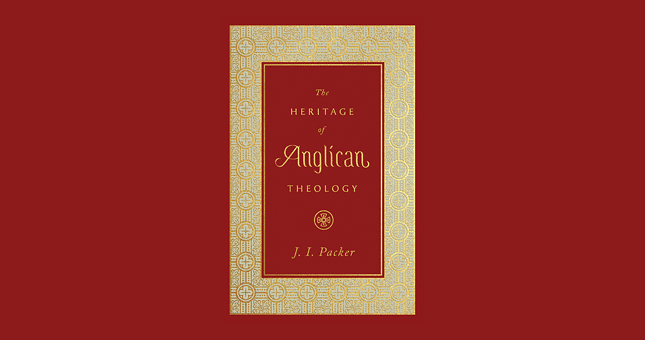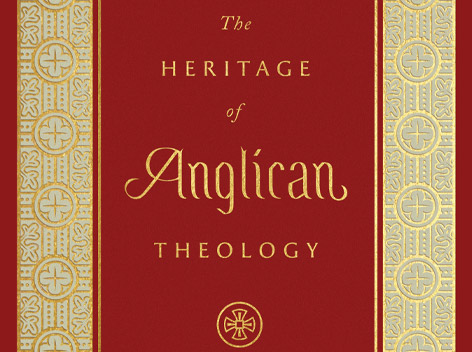
Anglicanism is a Pastoral Form of Christianity
Content adapted from The Heritage of Anglican Theology by J. I. Packer, ©2021. Used by permission of Crossway, a publishing ministry of Good News Publishers, crossway.org.
Everybody acknowledges that Anglicanism is a pastoral form of Christianity. It took shape in a pastoral situation where England was already divided into something like ten thousand parishes, as they were and are called—local geographical areas, each with its own church and priest. That arrangement was in place before the Reformation began. And the Reformers were thinking of ministry in the parishes at every stage in their reforming work. They wanted to change the way Anglicans worshiped and the way Anglicans grew in their faith, but they wanted to do this in a way that would ring bells in the parishes, through the ministry of the parish clergy to the parish worshipers. Anglicanism everywhere in the world is still like that—very congregation-oriented, thinking everything out in terms of discipling folk in Christ.
In England, the original form of the evangelistic ministry of Anglicanism for Anglican parishes—the form it took in the sixteenth century when the Prayer Book was put together, and the form it was still taking in the seventeenth century—was catechetical. The vision was to promote the parishioner’s learning through an understanding of the substance of the children’s catechism (contained in the Prayer Book), and through taking part regularly in the worship of Morning and Evening Prayer and the Communion service. In all these, the themes of sin, grace, and responsive faith are embodied, embedded, and expressed; all of it would ideally have been properly explained by one’s clergyman. Thus parishioners would grow into a living faith in Christ.
That hasn’t always happened, however. And after the eighteenth century, people came to think of evangelistic ministry the way they still think of it today—as going out and reaching out and having special messages given at meetings or services specially designed to bring people to a firm, personal commitment to Jesus Christ. Already when George Whitefield and John Wesley were preaching by the end of the 1730s, they were making applications at the end of their services that we would call appeals, and the pattern of evangelism in the minds of evangelical people has been the same from that day to this.
That is bad because in our minds—both in the Anglican world and in other branches of the evangelical world—this image of evangelistic ministry has driven out the older thought of evangelism being conducted institutionally through a discipleship process that begins with catechism, that is, teaching young folk the faith. We do not do that now in Sunday school. Usually we just teach a Bible story. Catechizing is largely gone. But the older pattern was that you teach young people the faith in church, and you explain to them the reality of faith and worship. Thus you draw them into the worshiping fellowship so that they grow into personal faith.
Even today, as in fact has always been the case, the majority of people who come to faith do so gradually through involvement in some form of Christian worship, rather than by standing up in a meeting, signing a decision card, or going into the counseling room. The latter sort of conversion, of course, is always talked about from the pulpit and platforms as if it were the most important. Statistically, however, it is not.
Ask in any evangelical congregation: Have most people here come to faith basically through an institutional discipling process? Or was their conversion something like the apostle Paul’s, with the Lord confronting them in crisis form prior to their involvement in Christian activity, so that they came in from outside? You will find that the majority came in the first way, despite the prevailing mental image of people coming the second way.
Anglicanism has always been pastoral, always concerned with making Christians, primarily in the manner described, and then shepherding them. That concern is there in the ordinal of the Prayer Book. The minister is ordained, first and foremost, to find Christ’s sheep and then to walk with them as a shepherd, leading and guiding them from the beginning of their spiritual lives right through to the end.
In other sections of the evangelical world, the primary emphasis has often been on the pastor as preacher or controversialist, and the emphasis on his ministry as a shepherd of the Lord’s individual sheep has been secondary, sometimes quite minimal. Some pastors have only ever seen themselves as preachers, persons called to hold forth—and for the rest, well, let the congregation pastor itself. But that is not the Anglican way; it never has been and never will be. Anglicanism is pastorally oriented, and the Prayer Book guarantees that.


